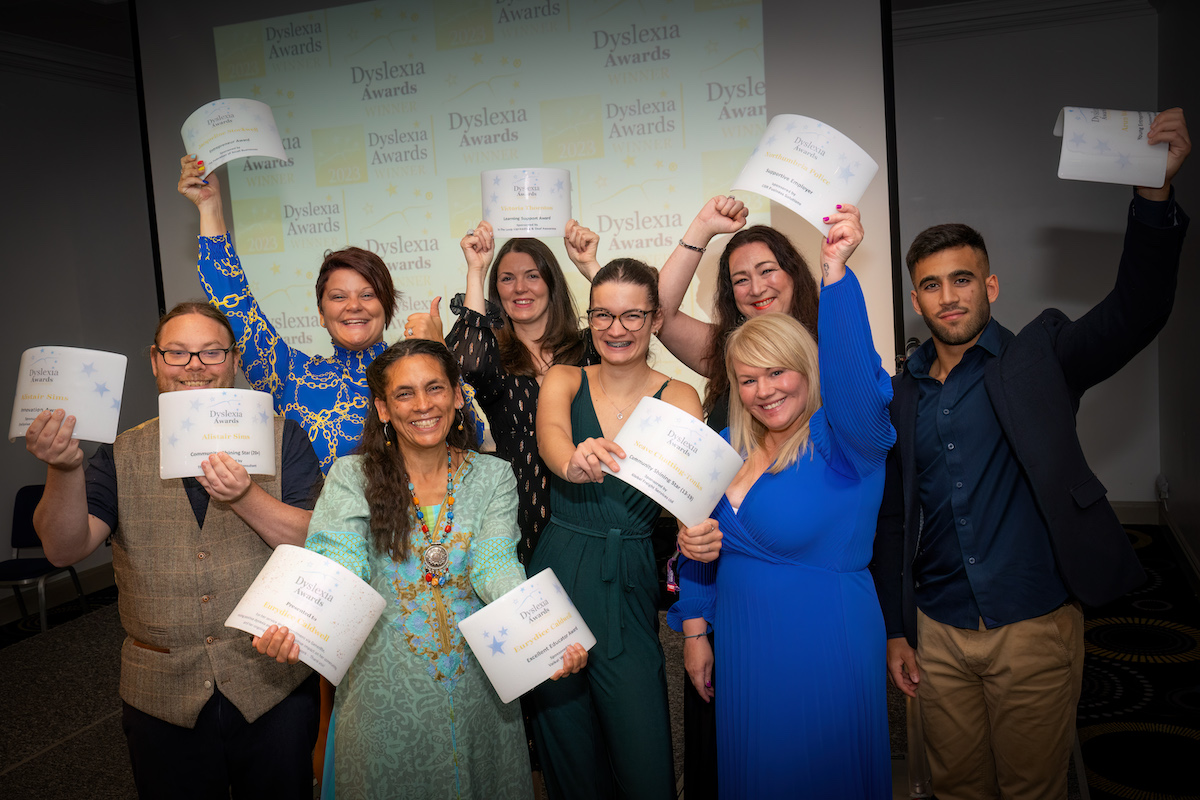Mind over matter- Will more Maths improve society?

With the International Day of Education approaching on the 24th of January, it begs the question: Is a child’s education limited only to certain subjects in school?
Prime Minister Rishi Sunak recently announced his plan for all students in the UK to study some form of maths till the age of 18 – a prospect that may alienate some. Perhaps this decision was, in part, influenced by a report that found students in England were performing below countries across the globe in five East Asian countries of Chinese Taipei, Hong Kong, South Korea, Japan, and Singapore, as well as recent news that eight million adults in the UK have maths skills lower than those expected of a nine-year-old.
The United Nations General Assembly proclaimed the 24th of January as the International Day of Education in order to campaign for better education reforms and improve access to education for all. According to UNESCO’s statistical data, 244 million children and youth are out of school, and 771 million adults are illiterate – indicating a crisis in foundational learning, literacy, and numeracy skills among young learners. 617 million or about a third of our children and adolescents cannot read and do basic maths and less than 40% of girls in sub-Saharan Africa complete lower secondary school and some four million children and youth refugees are out of school.
Whilst these figures are alarming and the need for learning core subjects is evident, it is also important to remember that the educational experience is to help develop the human personality. Understanding complex algebra might be a necessity in the classroom as a requirement for some professions and needed to develop the personality types and skills of those individuals choosing those professions, yet a balance needs to be struck. We have at the same time, an increasing trend in mental health issues among the younger generation, with depression and anxiety now common problems for many. The 2020 Mind’s report into secondary education and mental health – ‘Not Making the Grade: why our approach to mental health at secondary school is failing young people’ showed that about 96% (nearly all young people) who were surveyed in England reported that poor mental health as affecting their school performance.
With the increasing pressure to “do well” in schools to secure a job coupled with the ongoing influence of social media and the part it plays on well-being and self-esteem, schools need to think about teaching core subjects through to a certain age, as well as lessons on emotional resilience in order to prepare young people for the world beyond the school gates.
As Mahatma Gandhi once said, education is not just about putting information in; it is about drawing out the knowledge, skills and understanding that are lying dormant. Clearly then, education can’t be limited to just academic knowledge but also include social and emotional learning that goes hand in hand towards the building of the personality of individuals.
Thus, a policy mandating maths as a compulsory subject till the age of 18 may limit the fundamental freedom of pupils whose thoughts and interests lie outside of a numerical subject. As a society, if we really want to address the learning crisis we observe in schools, we must focus our attention on building the emotional resilience of our children.
A focus on SEL to improve maths proficiency rather than making maths education mandatory till the age of 18 is the key to unlocking a young person’s potential and emotional maturity. Studies show that a 10-week intervention of ‘Social Emotional Learning’ improves academic performance by 7 to 11 points. By building attention and emotion regulation competencies, students can face the daily challenges in schools and build their social and emotional competencies. Not only does this contribute directly towards the child’s academic proficiency and personality, but it also aids in building a kinder and more empathetic society. We know that SEL in its complete package builds not only the defences against depression but it also builds a growth and ethical mindset. This is one of the reasons why UNESCO MGIEP deviated from the traditional approach of building the academic proficiency and advocated for Social Emotional Learning (SEL) in all education settings; skills taught through creative exploration and inquiry for young people in schools to foster awareness, compassion and self-expression and compassion for themselves and for the world around them.
Rather than mandating that certain subjects are to be taught up until the age of 18, we should consider the impact it would have if foundational competencies covered academic knowledge in language, maths, history, geography, and others, as well as social and emotional skills such as attention and emotional regulation, empathy and compassion. Ahead of the International Day of Education, we must remember that this balance is key to navigating the challenges we face in our daily lives and to achieve it, we must improve access to education for all.
By Dr. Anantha Duraiappah, Director at UNESCO MGIEP -
Mahatma Gandhi Institute of Education for Peace and Sustainable Development











Responses